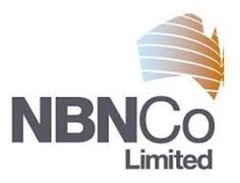Recently I was referred to Roger Clarke’s blog for a very interesting and compelling breakdown of popular social media website LinkedIn.com’s terms and conditions.
In this age of social media dominance (be it LinkedIn, Facebook, Twitter or another SNS) it does seem like consumer rights take a modest back seat in the world of contracts – possibly because the service offering is (generally) cost-free for the consumer.
We can’t, however, take consumer rights or the right to privacy lightly. Many terms and conditions put forth by social network sites try to enforce what (on the face of it) are almost laughable clauses, such as the site’s (or parent/operating company’s) right to change the terms and conditions at will.
These conditions remain untested by the judicial system (be it in the US or elsewhere) and will largely remain that way until someone is forced into taking legal action. The legal world, no doubt, waits with much curiosity to see which way the gavel will fall, should any of these unwieldy legal clauses be challenged in a court of law.
Interesting timing to consider these things as it has recently been uncovered that Facebook has been violating it’s own user’s privacy settings by exposing authentication tokens which access protected data. Luckily, if you wish to protest Facebook’s uneven privacy support or terms of conditions, you can now legally parody their trademarks (but not for financial gain) assuming you live in the United States. Poke!


